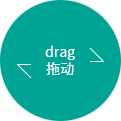The key to successful talent cultivation lies in adapting to the changing times and meeting social needs. In the digital-intelligence era, how can we enhance the pertinence, suitability, and effectiveness of talent cultivation and cultivate accounting and finance professionals who meet social needs? On November 30, the forum titled "Employer-Oriented Intelligent Development Toward the Future: Financial Industry Trends & Talent Co-Education" held by the School of Accounting and Finance at Xi'an Eurasia University presented a unique solution.
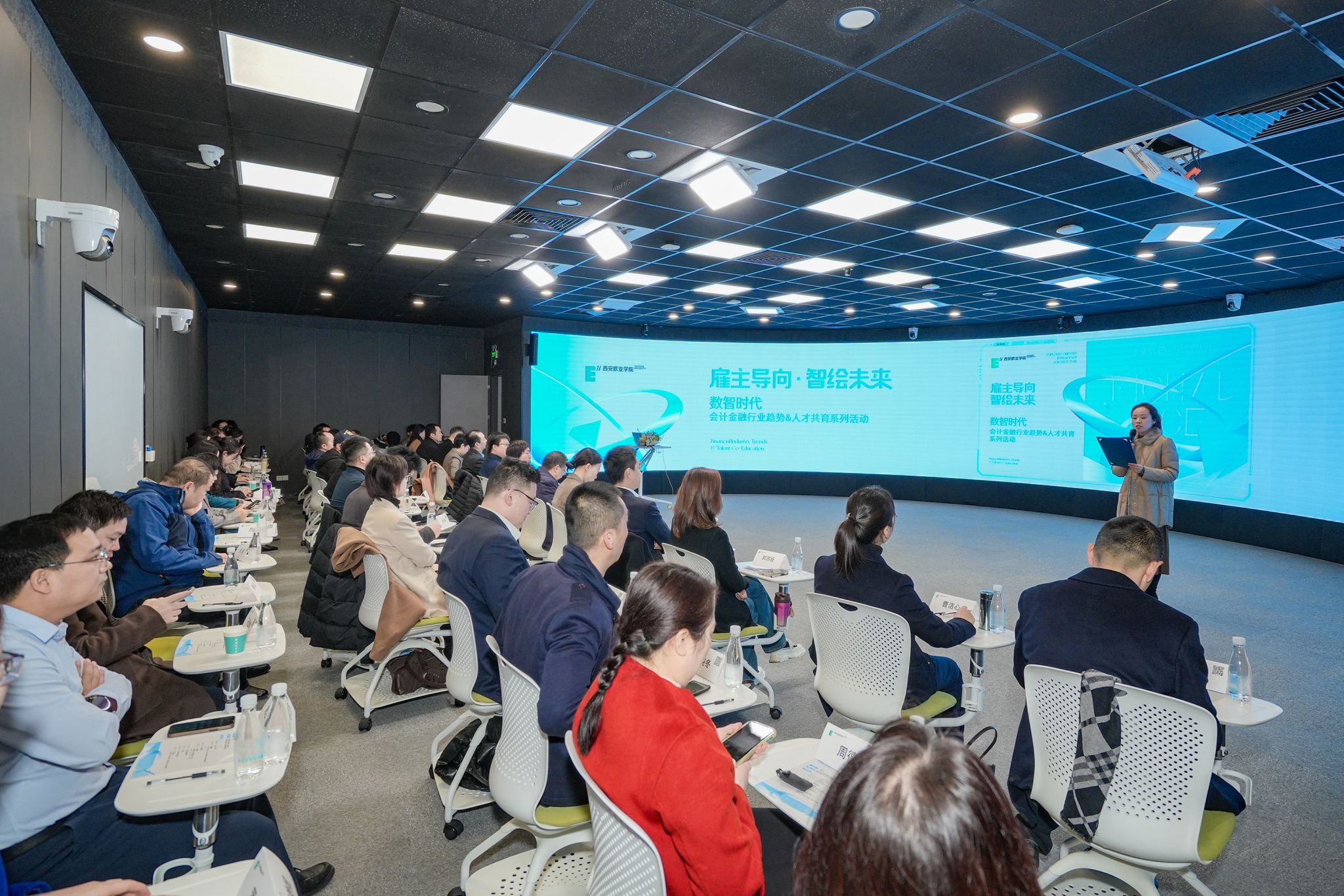
On that day, 32 representatives from employer enterprises in the accounting and finance field gathered at Xi'an Eurasia University. They shared the latest trends in the accounting and finance industry and jointly discussed with teachers and students at the Xi'an Eurasia University the impacts on the cultivation of accounting and finance talent and challenges of the digital-intelligence era. The School of Accounting and Finance also joined hands with 13 employer enterprises. In the future, the school and the enterprises will carry out multi-level, multi-form, and multi-field cooperation to explore a new model for the joint cultivation of fiscal and tax talent.
01
Themed Report: The "Employer-Oriented" Approach Truly Solves the Dilemma in School-Enterprise Talent Cultivation Cooperation
Xie Tao, the Executive Dean of the School of Accounting and Finance, introduced the original intention behind Xi'an Eurasia University's "employer-oriented" concept: In the face of the contradiction between the "difficulty in finding employment" for university graduates and the "talent shortage" experienced by enterprises, the "employer-oriented" approach can enhance the pertinence, suitability, and effectiveness of talent cultivation in school-enterprise cooperation. The "employer-oriented" approach emphasizes the role of employer demand and employer participation, meaning that the direction, approach, and outcomes of university students' employability training should be fully aligned with the needs of employers. "We fully respect the needs of employers, involving them throughout the talent cultivation process and providing guidance to students. Through school-enterprise joint training, we aim to transform students' employability directly into a company's employability rate, narrowing the gap between college graduates' employability and employers' needs," said Xie Tao.
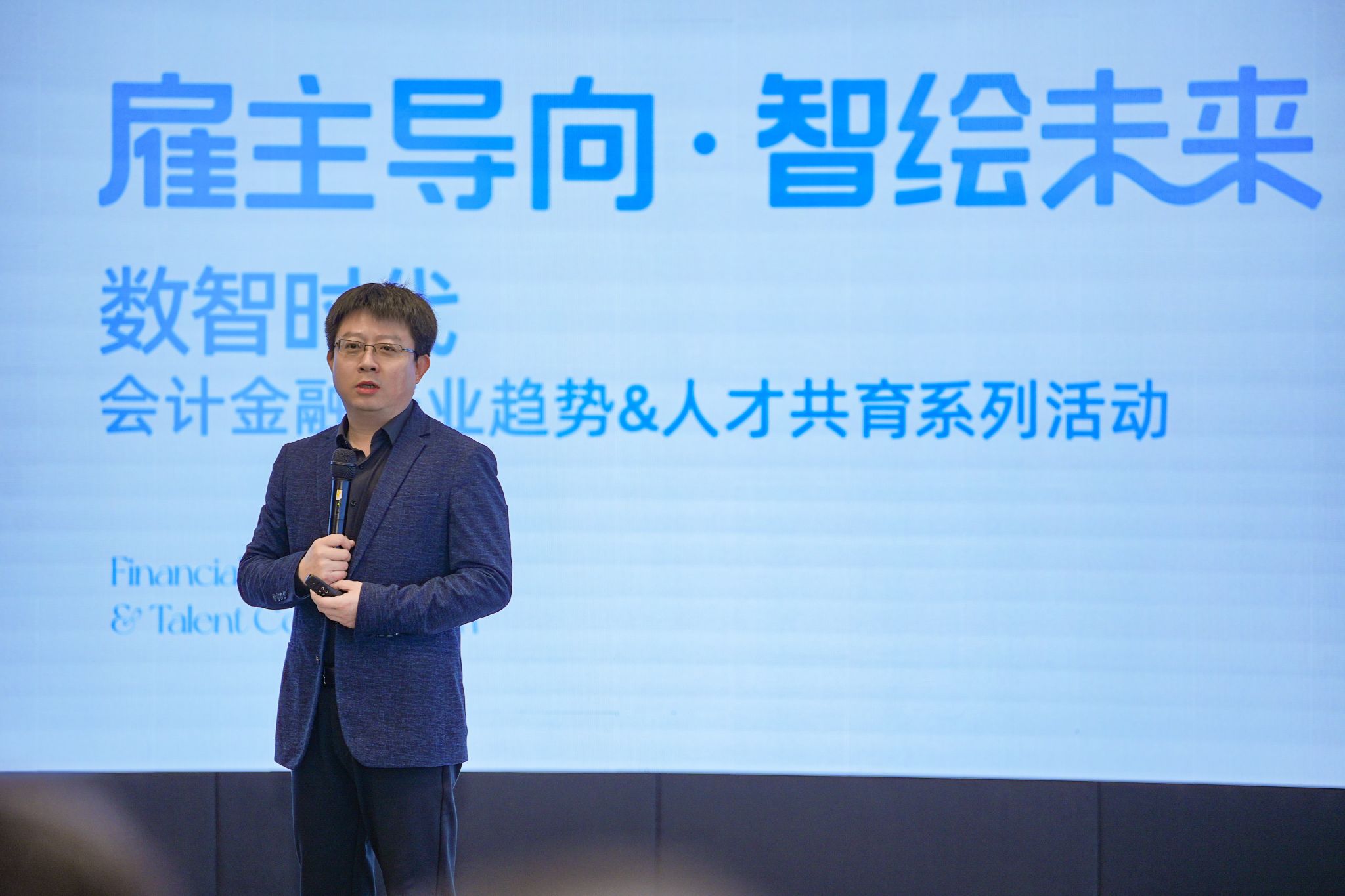
(Fig. 2) Dean Xie Tao of the School of Accounting and Finance
Xie Tao shared the talent cultivation model of the School of Accounting and Finance, which is "employer-oriented and student-centered." He used the Financial Management and Finance Programs as examples to introduce the teaching ecosystem the school has built based on an employer-orientated approach. The School of Accounting and Finance, in collaboration with 8 major Chinese accounting firms, such as ShineWing (SW) and Bakertilly, as well as leading platform enterprises, such as Yonyou, Kingdee, and SAP, reaches the upstream and downstream customers of these accounting firms, ecosystem partners of these platform enterprises, and major mid-sized private enterprises in Shaanxi to build the core employer ecosystem of the school. In addition, the school, relying on the Shaanxi Institute of Certified Public Accountants and the Xi'an Agency Bookkeeping Industry Association, extends its business to mid-level accounting firms and asset appraisal firms in Shaanxi to meet the diverse employment needs of students. Tao Xie stated that the School of Accounting and Finance looks forward to collaborating with employer enterprises on the joint development of professional talent, co-training of faculty teams, co-construction of practical training bases, sharing of development achievements, and ultimately achieving a win-win situation for both the school and enterprises.
02
Industry Insights: Discussing Industry Trends and Exploring New Models for School-Enterprise Collaborative Talent Development
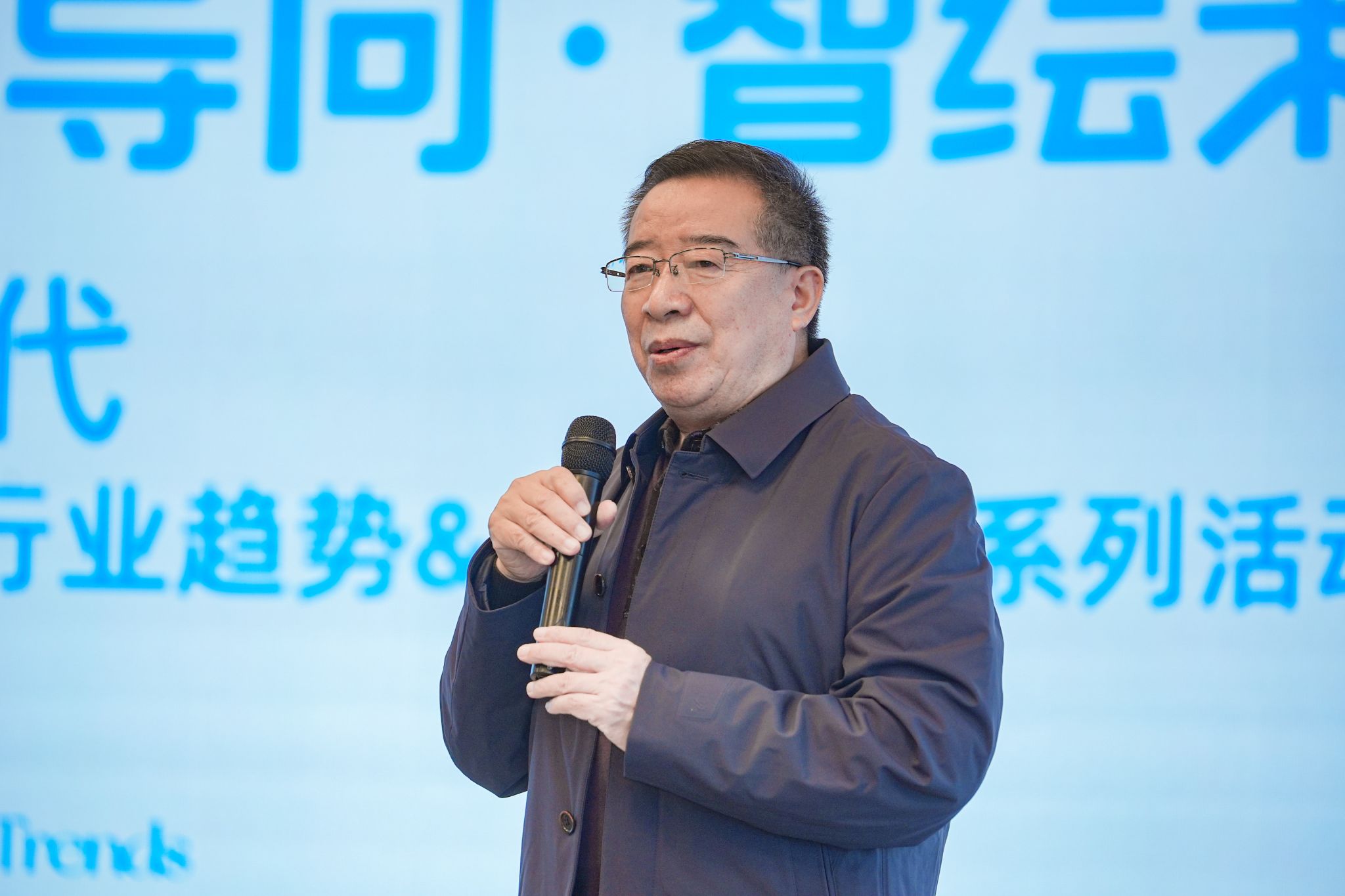
(Fig. 3) Zhao Xiaozhou, Executive Deputy Director of the Financial Work Committee of the China Enterprise Culture Improvement Association
In the themed sharing on "School-Enterprise Co-Cultivation of Accounting and Financial Talent in the Era of Digital Intelligence," Professor Zhao Xiaozhou, Executive Deputy Director of the Finance Work Committee of the China Enterprise Culture Improvement Association, pointed out that talent cultivation must closely align with the needs of societal development and the requirements of national economic development in the era of digital intelligence. It is particularly important for talent in the accounting and financial sectors to focus on learning through practice, as the content in books can only be truly realized through practical experience. Zhao Xiaozhou also emphasized based on his own work experience that national development and Chinese characteristics are the foundation of education for financial and accounting talent; otherwise, the education would be like a river without a source or a tree without roots.
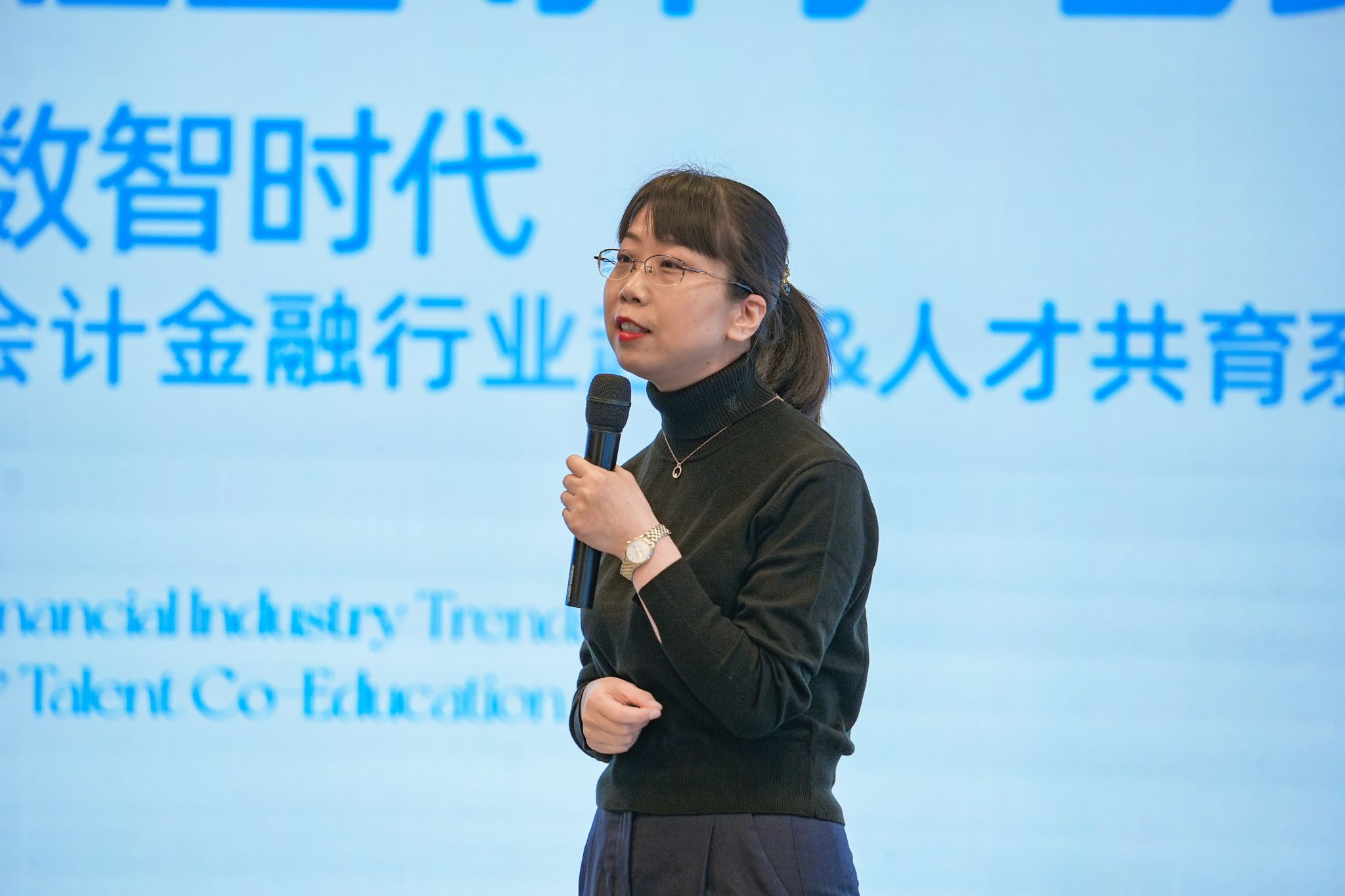
(Fig. 4) Cao Jiexin, General Manager of Servyou Group Shaanxi Branch)
Cao Jiexin, General Manager of Servyou Group Shaanxi Branch, taking Servyou Group as an example, highlighted the predicament in corporate recruitment and fully affirmed Xi'an Eurasia University's "employer-oriented" educational philosophy. She said, "Only when the talent cultivation in universities matches enterprises' demand for talent can satisfactory talent be cultivated for enterprises." The finance and taxation industry is in the midst of a digital transformation wave, and innovation capability and interdisciplinary thinking are the core competitiveness of future talent. Servyou Group will fully leverage its technology and resources to provide more comprehensive internship and career development support for students at Xi'an Eurasia University.
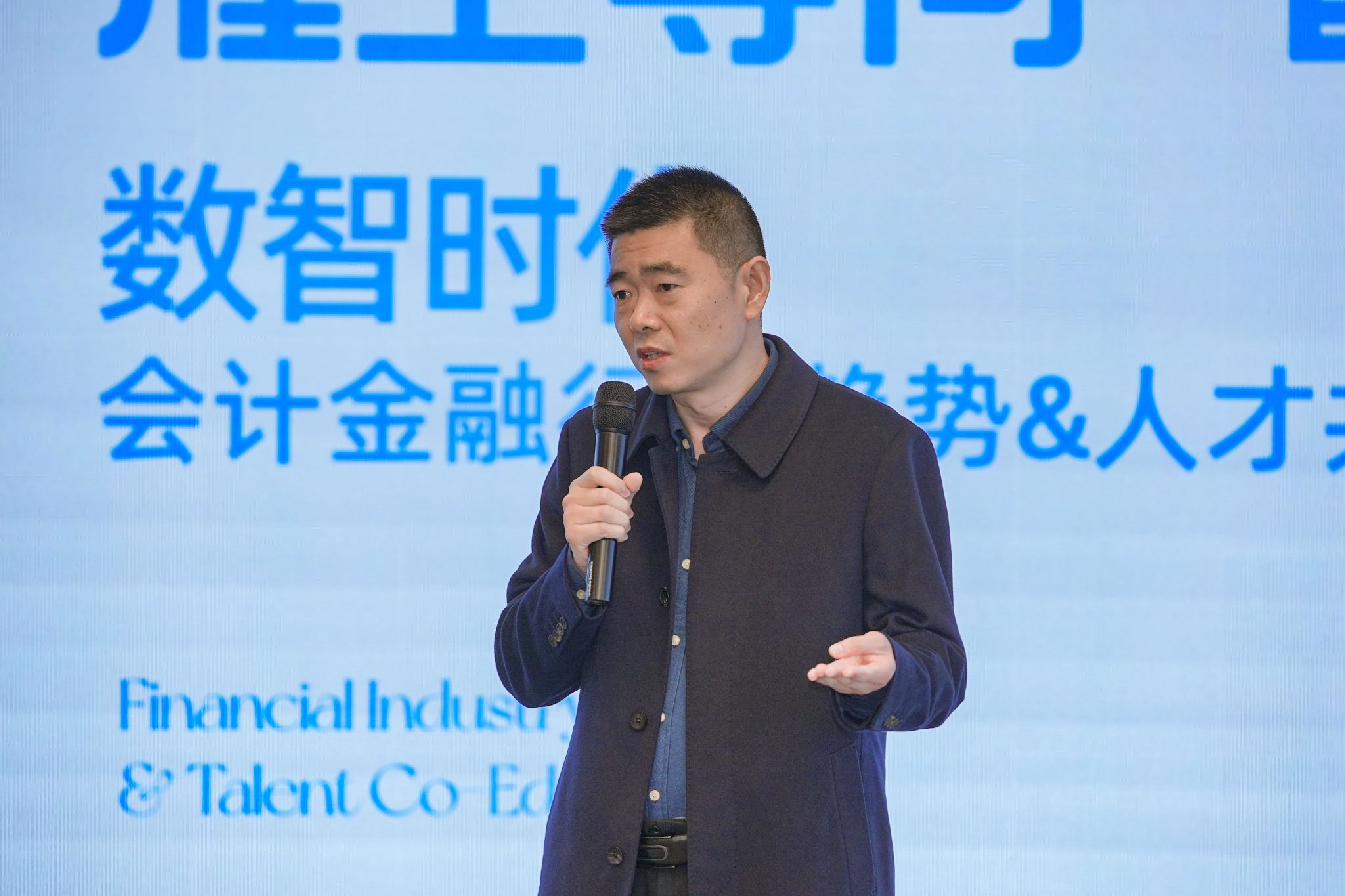
(Fig. 5) Han Dagang, General Manager of the Shaanxi Branch of Beijing Zhuoxindahua Appraisal Co., Ltd.
Han Dagang, General Manager of the Shaanxi Branch of Beijing Zhuoxindahua Appraisal Co., Ltd., shared the development trends of the asset appraisal industry and pointed out that this industry, as a high-end service industry, is currently at the stage of standardized development and lacks professional talent. He is delighted by the emphasis on nurturing asset appraisal talent in the Financial Management Program of Xi'an Eurasia University. In his view, practical ability is the most valued skill in the asset appraisal industry. In the future, he hopes to further deepen cooperation with Xi'an Eurasia University, comprehensively promoting talent development and industry innovation in asset appraisal through employer-oriented school-enterprise collaboration.
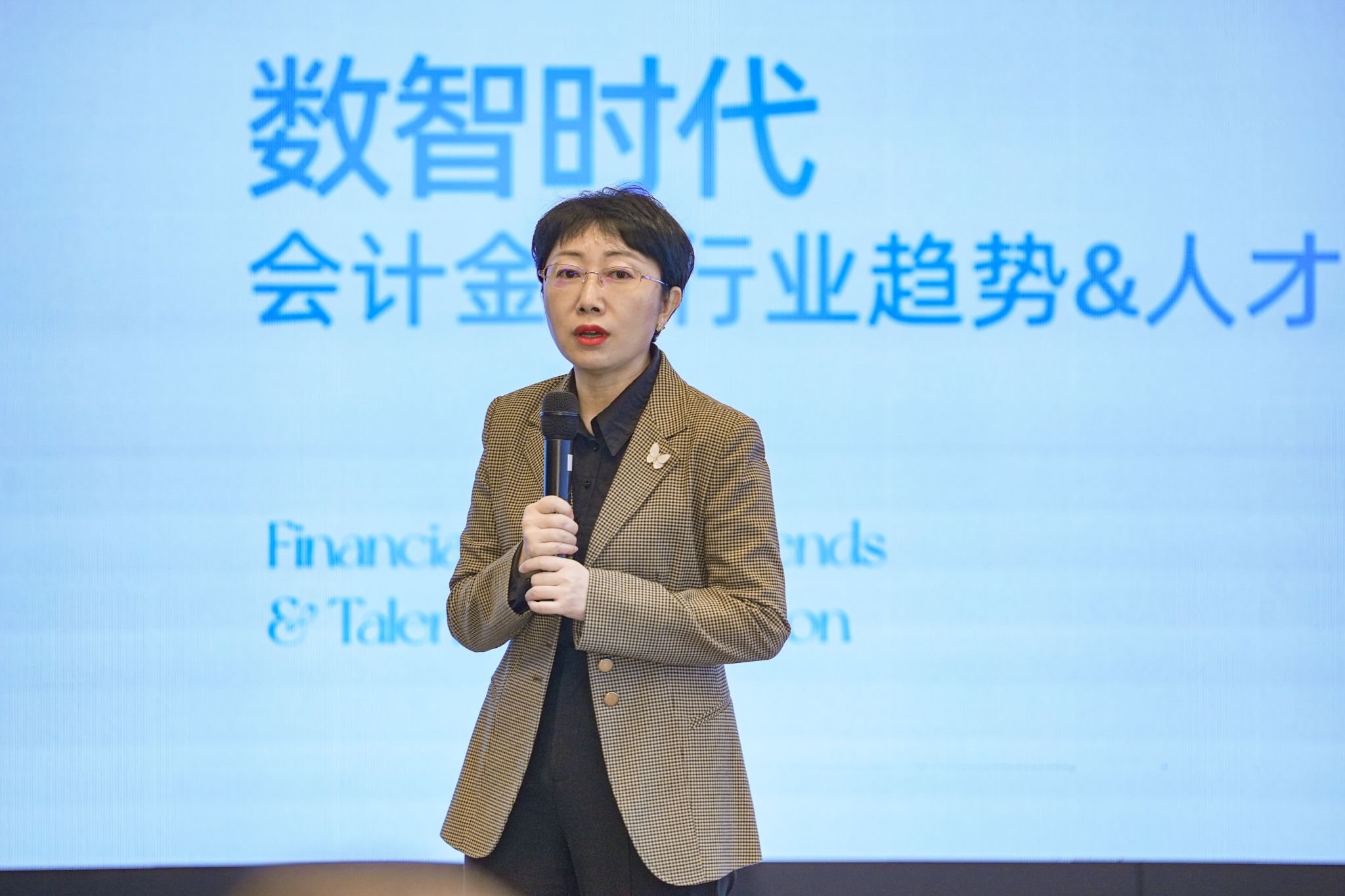
(Fig. 6) Fu Ruoxi, Vice President of Ruiyou Group
Fu Ruoxi, Vice President of Ruiyou Group, shared the group's exploration of education cooperation with universities and spoke highly of Xi'an Eurasia University's "employer-oriented" concept. Fu Ruoxi believes that involving employers in the entire process of talent cultivation is of significant importance in bridging the gap between the employment abilities of college students and the needs of businesses.
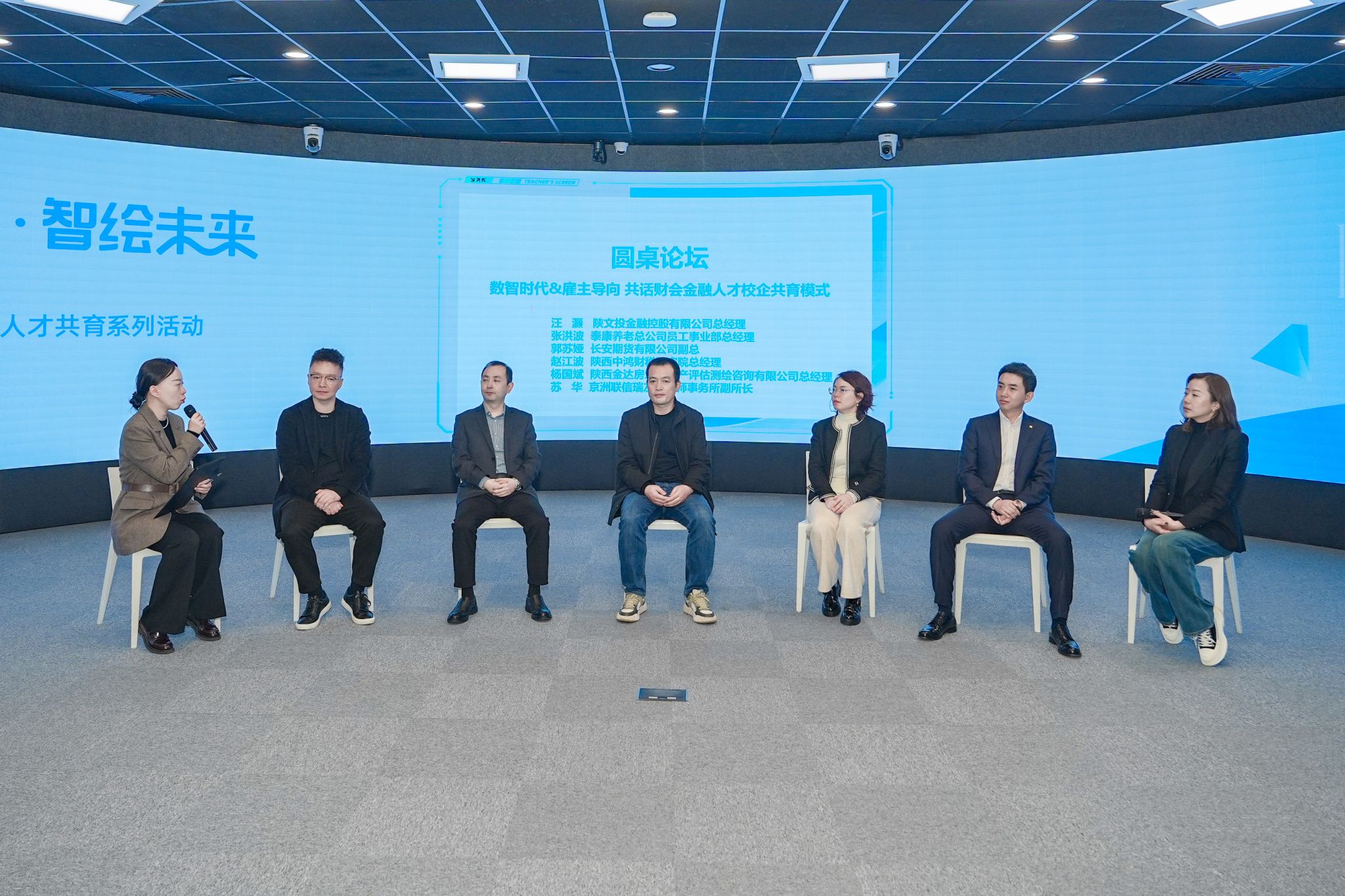
(Fig. 7) Roundtable Forum
In the subsequent roundtable forum, industry elites from accounting, finance, and asset appraisal fields gathered to explore the new school-enterprise co-education model for financial and accounting talent, under the theme of "New Business Practice Teaching Digital Transformation." A total of 6 guests, including General Manager Wang Hao of Shaanxi Cultural and Financial Investment Holdings (Group) Co., Ltd., General Manager Zhang Hongbo of the Employee Career Department of Taikang Pension, Deputy General Manager Guo Suya of Chang-An Futures, General Manager Zhao Jiangbo of Shaanxi Zhonghong Financial and Taxation Research Institute Co., Ltd., General Manager Yang Guobin of Shaanxi Jinda Technology Co., Ltd., and Deputy Director Su Hua of Shaanxi Jingzhou Lianxin Ruiyou Tax Consulting Firm, expressed their views and conducted a multi-dimensional and in-depth discussion on the employer-oriented finance and accounting talent cultivation model featuring school-industry cooperation in the digital intelligence era. The forum was hosted by Shen Yachen, Deputy Dean of the School of Accounting and Finance.
03
Professional Sub-Forum: Dialogue between the Faculty and Students of Financial Management and Finance Programs and Employer Enterprises
Under the strong wave of the era of digital intelligence, the field of financial management is at a critical turning point of transformation. At the sub-forum on school-enterprise cooperation in the field of financial management, employers from the financial management and asset appraisal industry shared cutting-edge industry information and corporate employment demands with teachers and students.
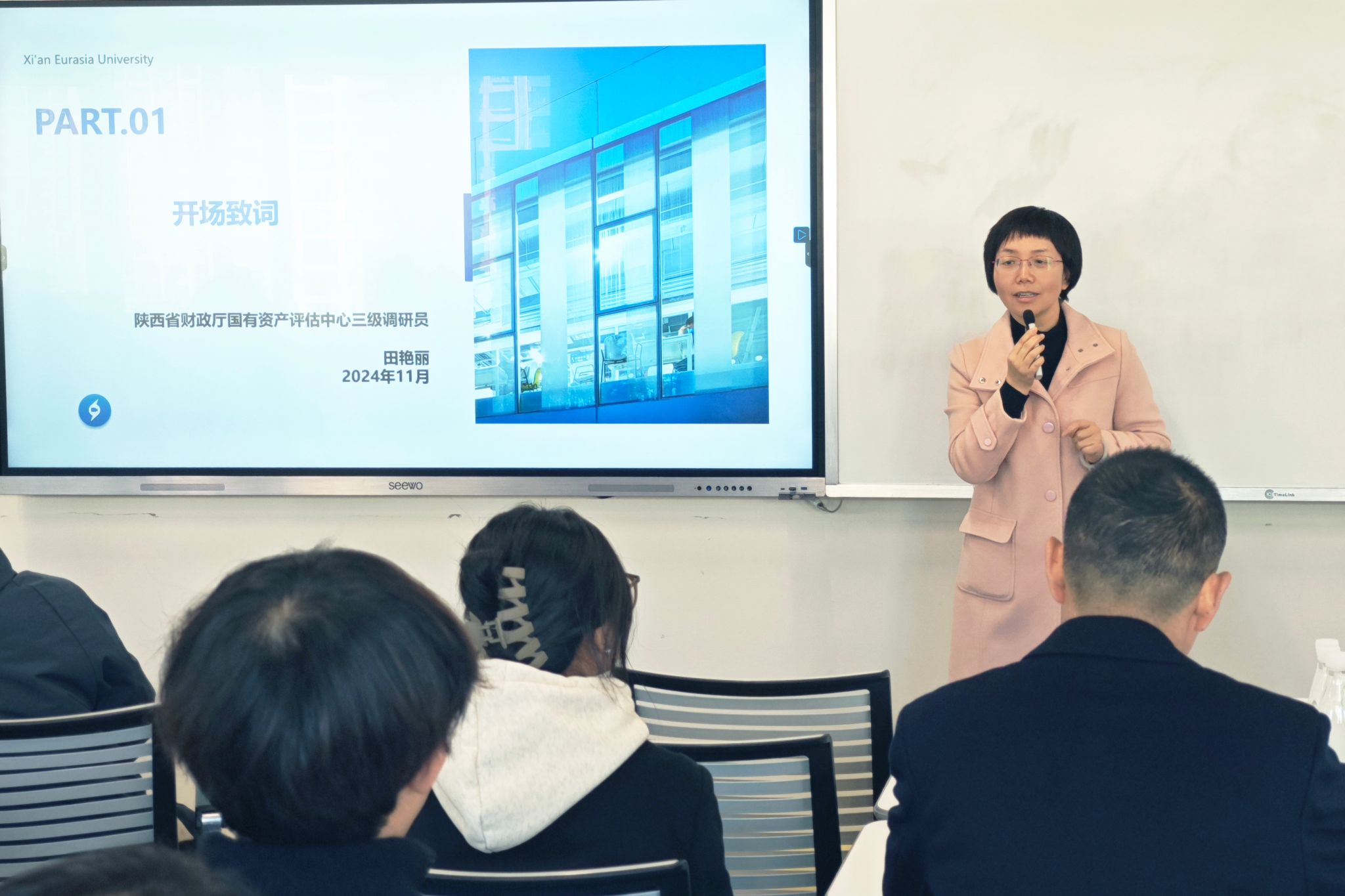
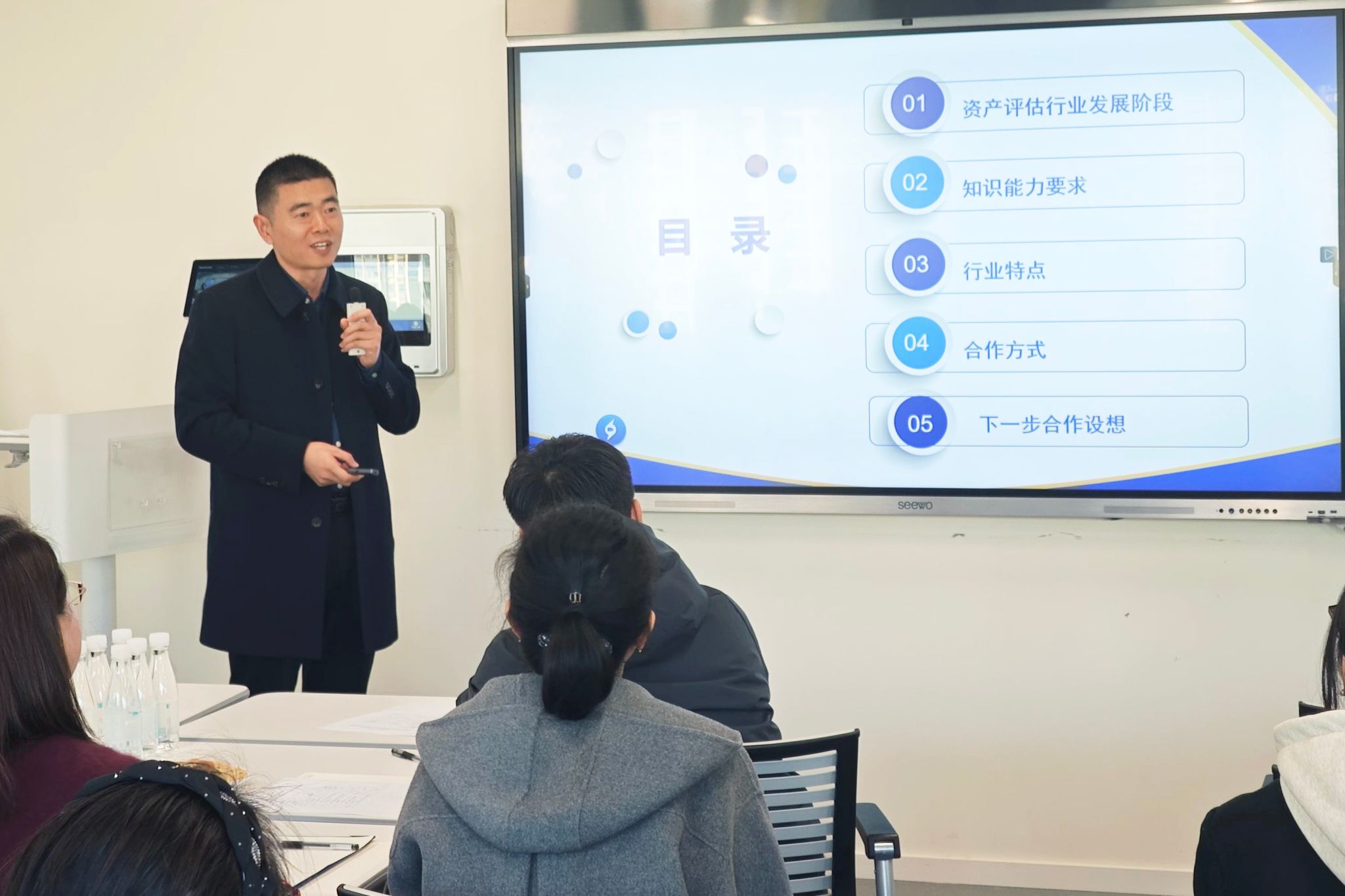
Tian Yanli, Level III Division Rank Official at the State-Owned Asset Appraisal Center of the Financial Department of Shaanxi Province , analyzed the employment landscape and industry trends from a macro perspective to anchor the direction for nurturing financial talent. Han Dagang, General Manager of the Shaanxi Branch of Beijing Zhuoxindahua Appraisal Co., Ltd., outlined the profile of talent in the asset appraisal industry based on the latest industry trends. He innovatively proposed a framework for diverse school-enterprises collaboration, inspiring ideas for program co-construction. Lyu Yinghua, Chief Financial Officer of the Xi'an Branch of Shenzhen Gemdale Property Management Co., Ltd., from the perspective of strategic corporate management, used financial theories to analyze the core value of financial operations and explained how the higher education curriculum system can meet the enterprise's talent needs, thereby building a path for students' ability improvement and optimizing the talent cultivation model. Song Fenxian, Head of the Financial Management Program at the School of Accounting and Finance, sorted out the evolution of the financial management program course system and presented an action plan for building a blueprint for school-enterprise cooperation based on the "employer-oriented and student-centered" concept.
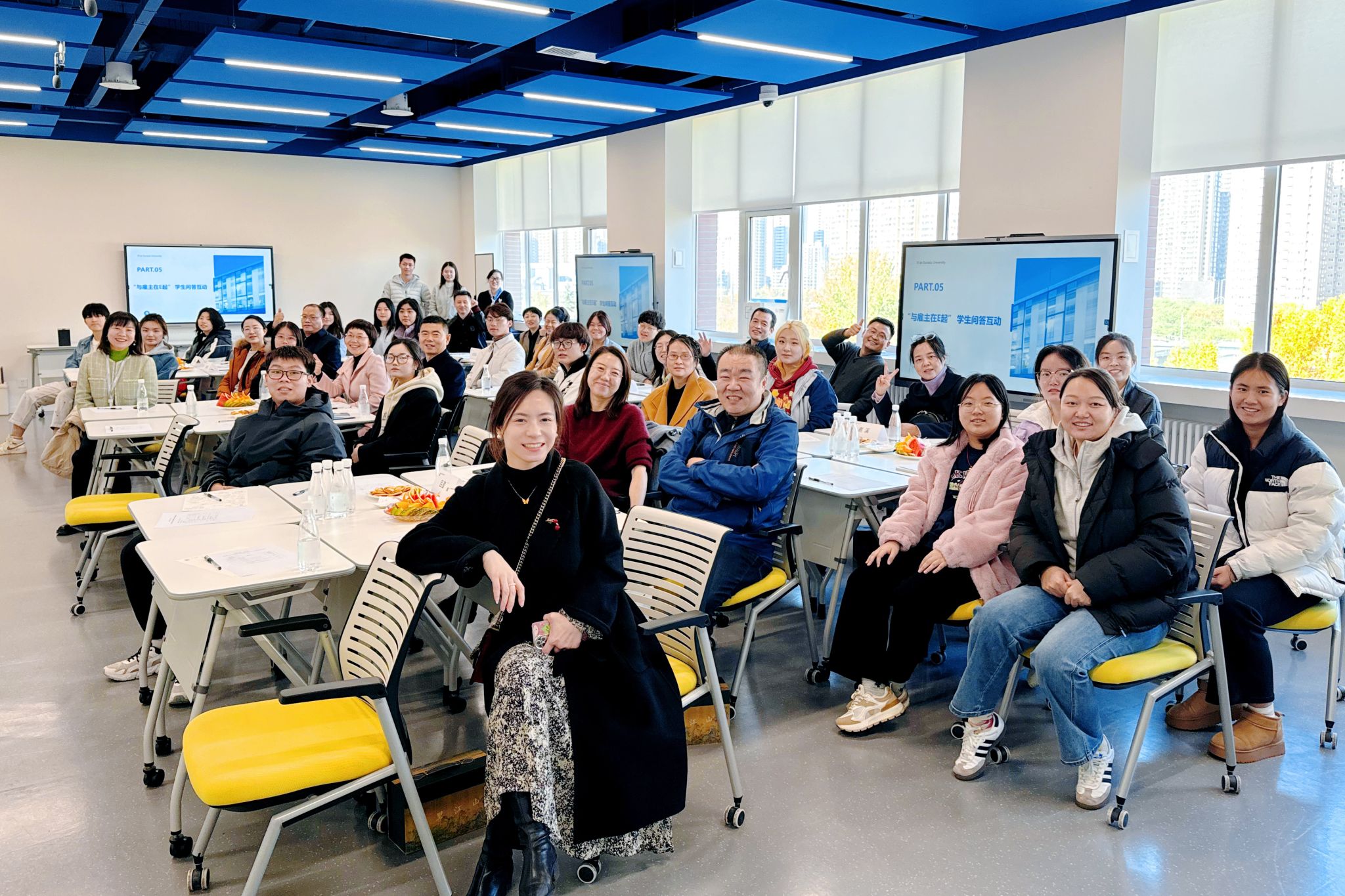
During the interactive session, students majoring in Financial Management asked the guests key questions such as enterprise employment criteria and the foundation for starting a career. Industry experts and professional teachers, with their wisdom and experience, unlocked the answers one by one. In the future, the Financial Management Program will achieve in-depth integration in terms of curriculum, teaching staff, scientific research, and talent cultivation. It will use academic achievements to guide practice and use practice to promote academic advancement, cultivating financial elites who meet the digital-intelligence requirements. The program will strive for new heights and inject strong impetus into the industry's development.
In the sub-forum for the Finance Program, Zhou Dehui, Head of the Finance Program, introduced the program development history, the structure of the teaching staff, talent cultivation practices, and cultivation achievements to the participating employer enterprise representatives. Zhou Dehui said that the Finance Program has always adhered to the "employer-oriented and student-centered" educational concept in the process of talent cultivation, actively connected with employer enterprises to jointly cultivate financial talent. The "Xi'an Eurasia University-Jiuse Industry Research Exhibition Project" is one of the achievements of implementing this concept.
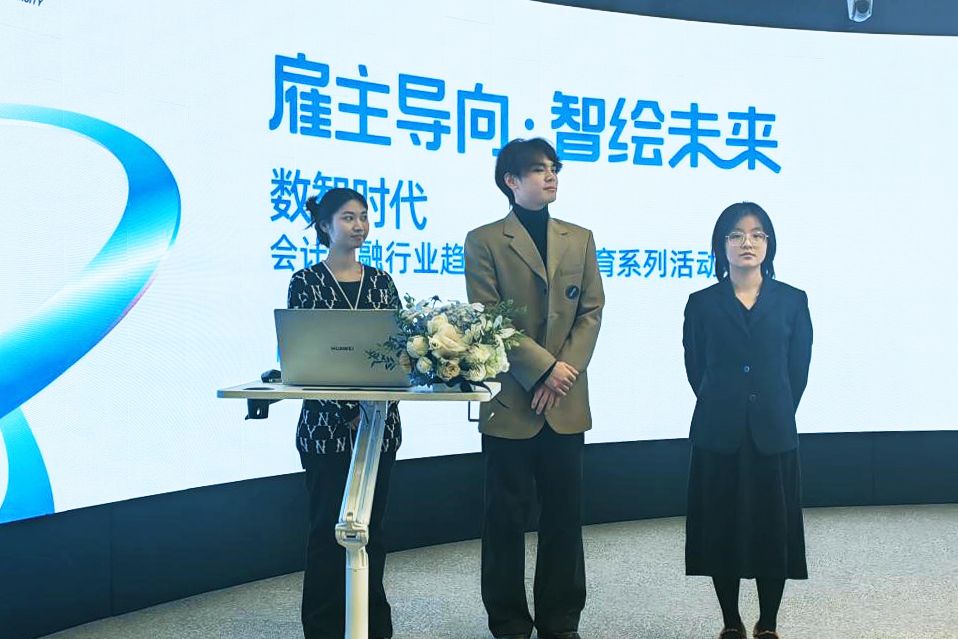
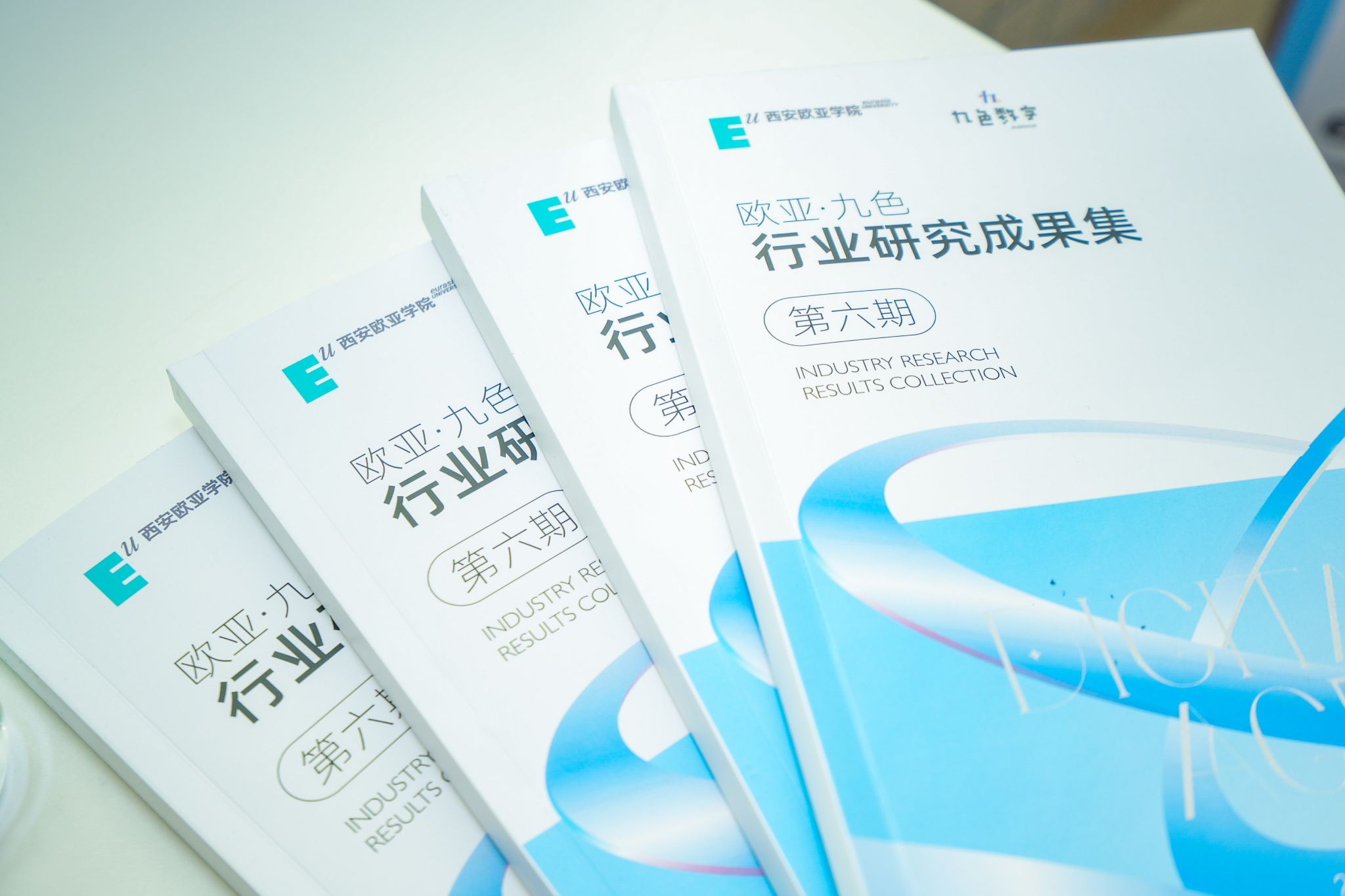
Since 2019, the Finance Program has jointly carried out 6 consecutive training sessions on industry research thinking with Xi'an Jiuse Digital Artificial Intelligence Technology Co., Ltd. From industry research framework and logic learning and construction to information and data collection and processing, valuation model selection, and the formation of research analysis reports, every stage embodies the school-enterprise joint efforts. The 3 groups of students with outstanding works in the 6th session provided excellent presentations to the employer representatives. The students focused on the three research subjects—"Zhongji Innolight," "Kuang-Chi," and "Inovance"—and provided a comprehensive explanation from the macroeconomic, industry, and corporate levels, analyzing the investment value of the subjects using financial valuation methods. After each group's presentation, enterprise representatives provided detailed feedback, acknowledging the students' efforts and accomplishments while also pointing out existing issues and directions for improvement. The face-to-face communication and interaction not only greatly benefited the students but also strengthened the close ties between the university and the industry.
04
Strategic Cooperation: Partnering with 13 Enterprises to Launch a New Chapter in School-Enterprise Collaboration for Talent Development
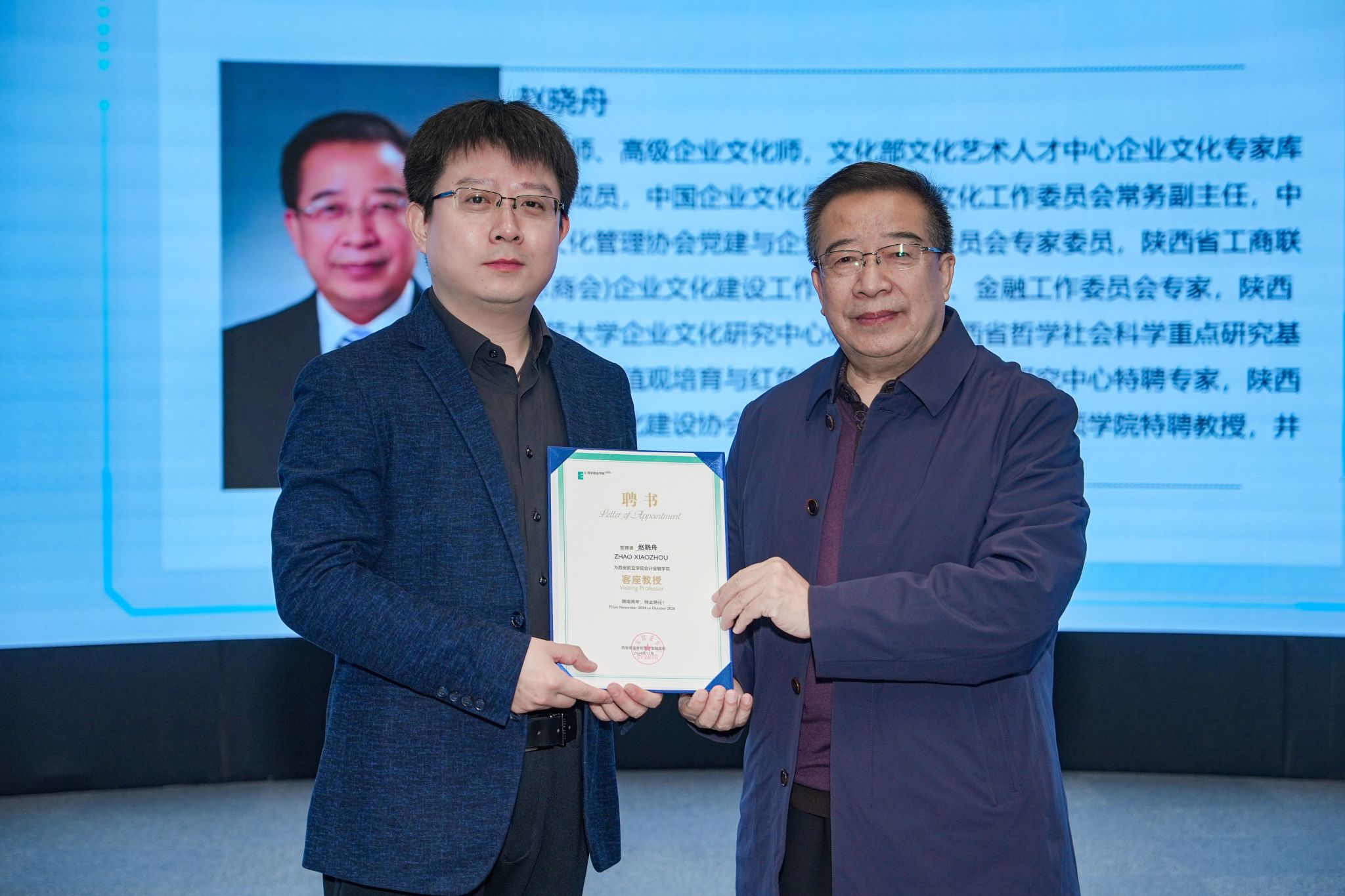
(Fig. 11) Professor Zhao Xiaozhou (Right) Appointed as a "Visiting Professor" at the School of Accounting and Finance
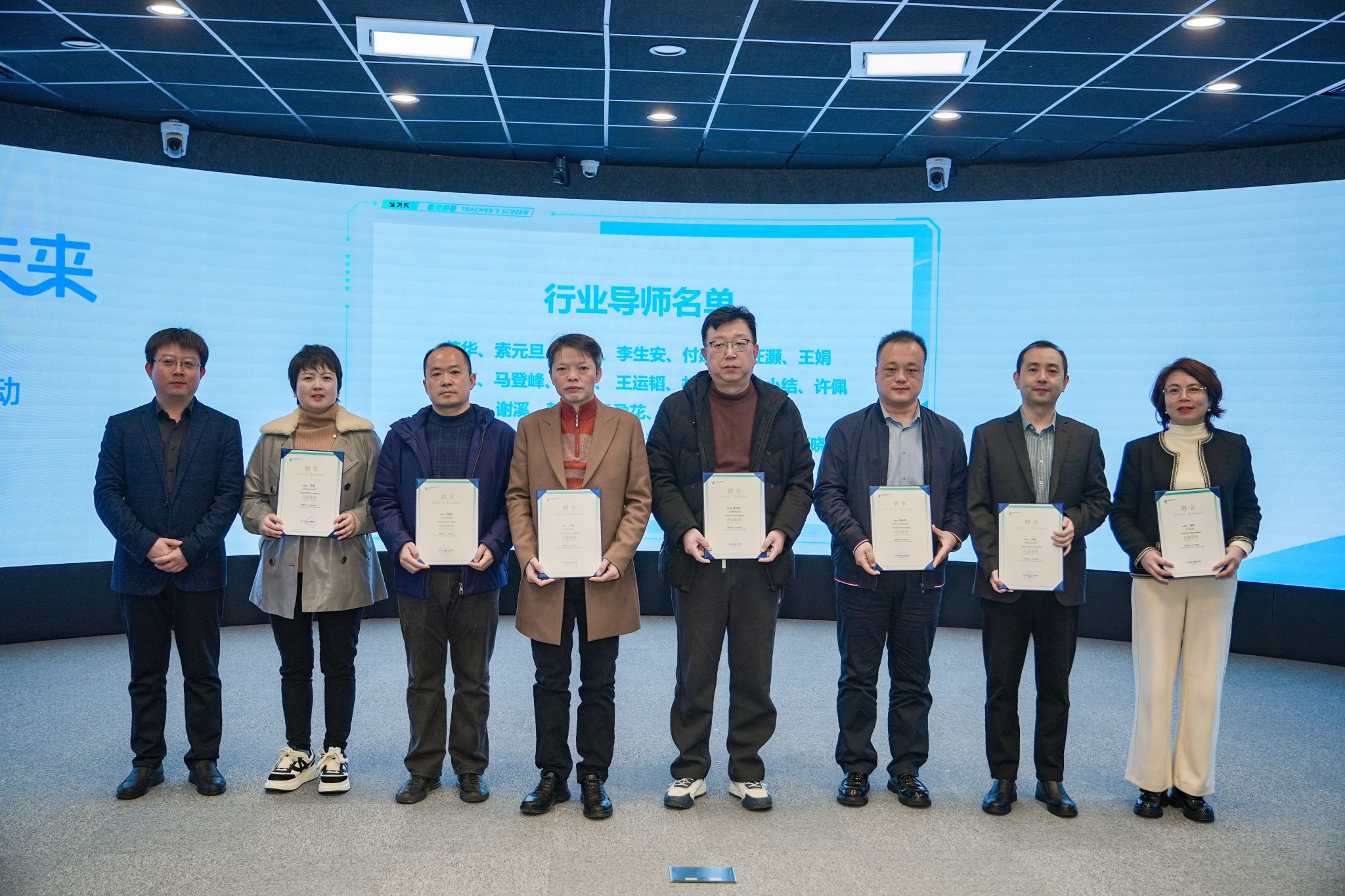
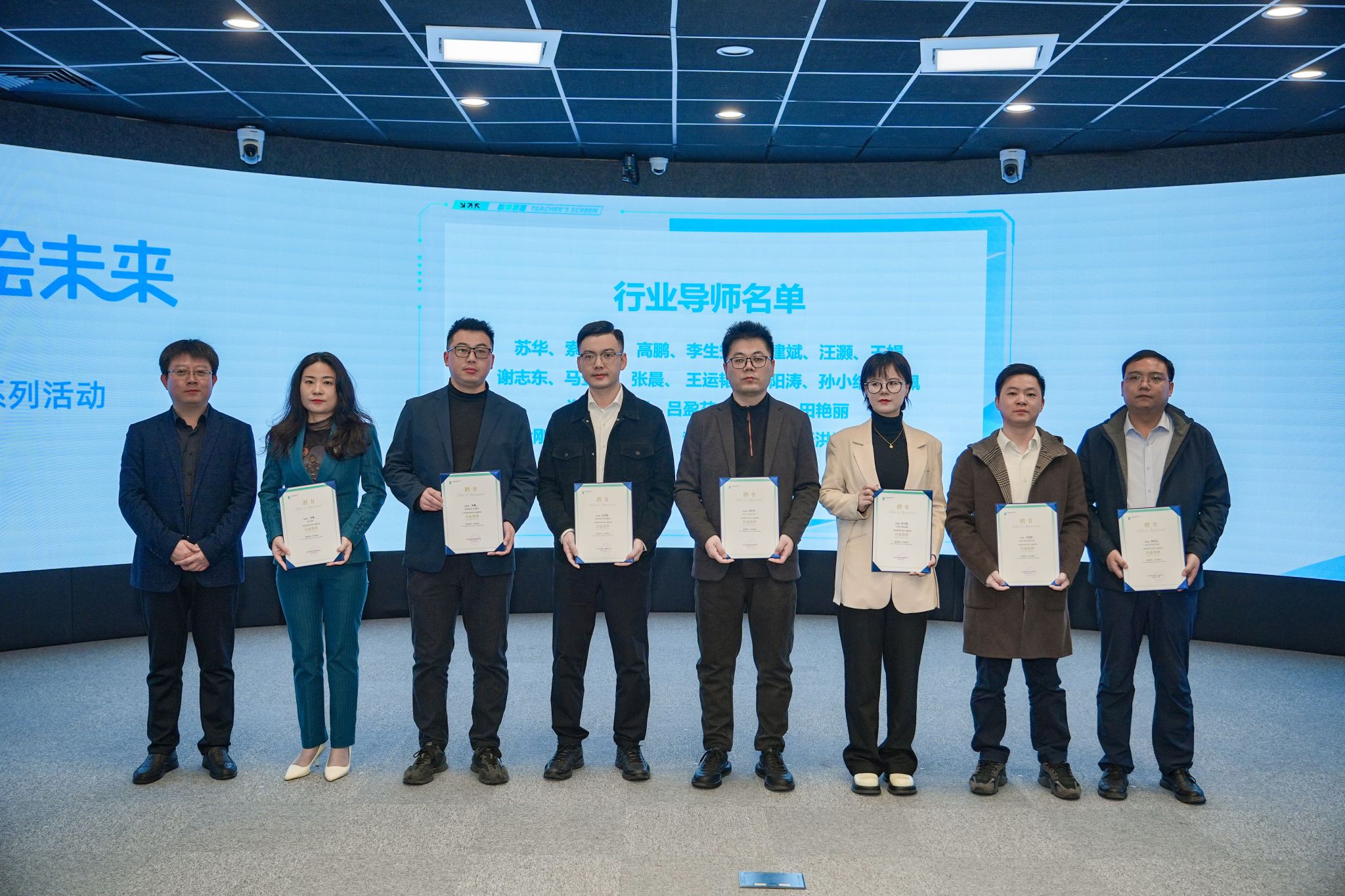
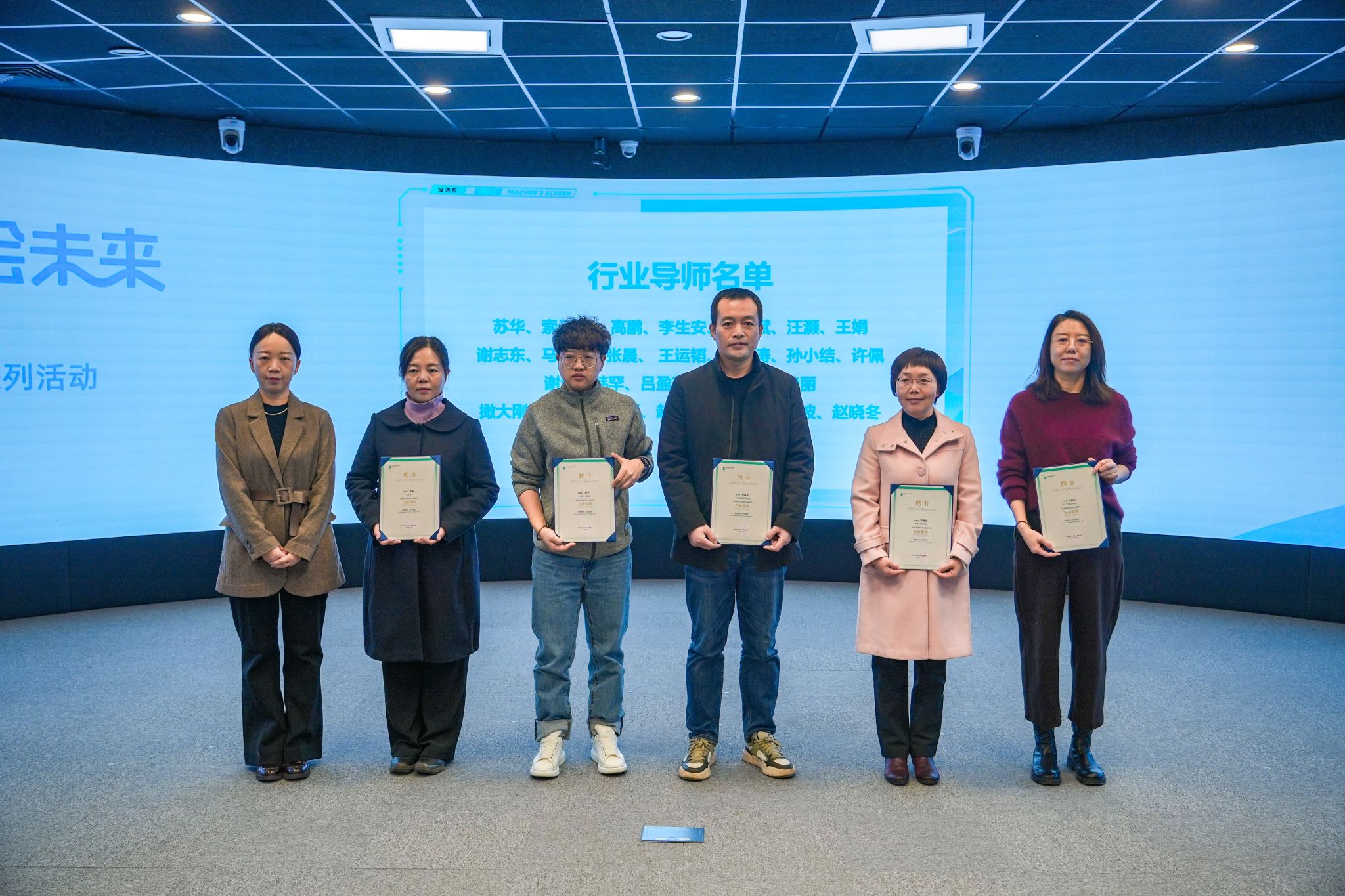
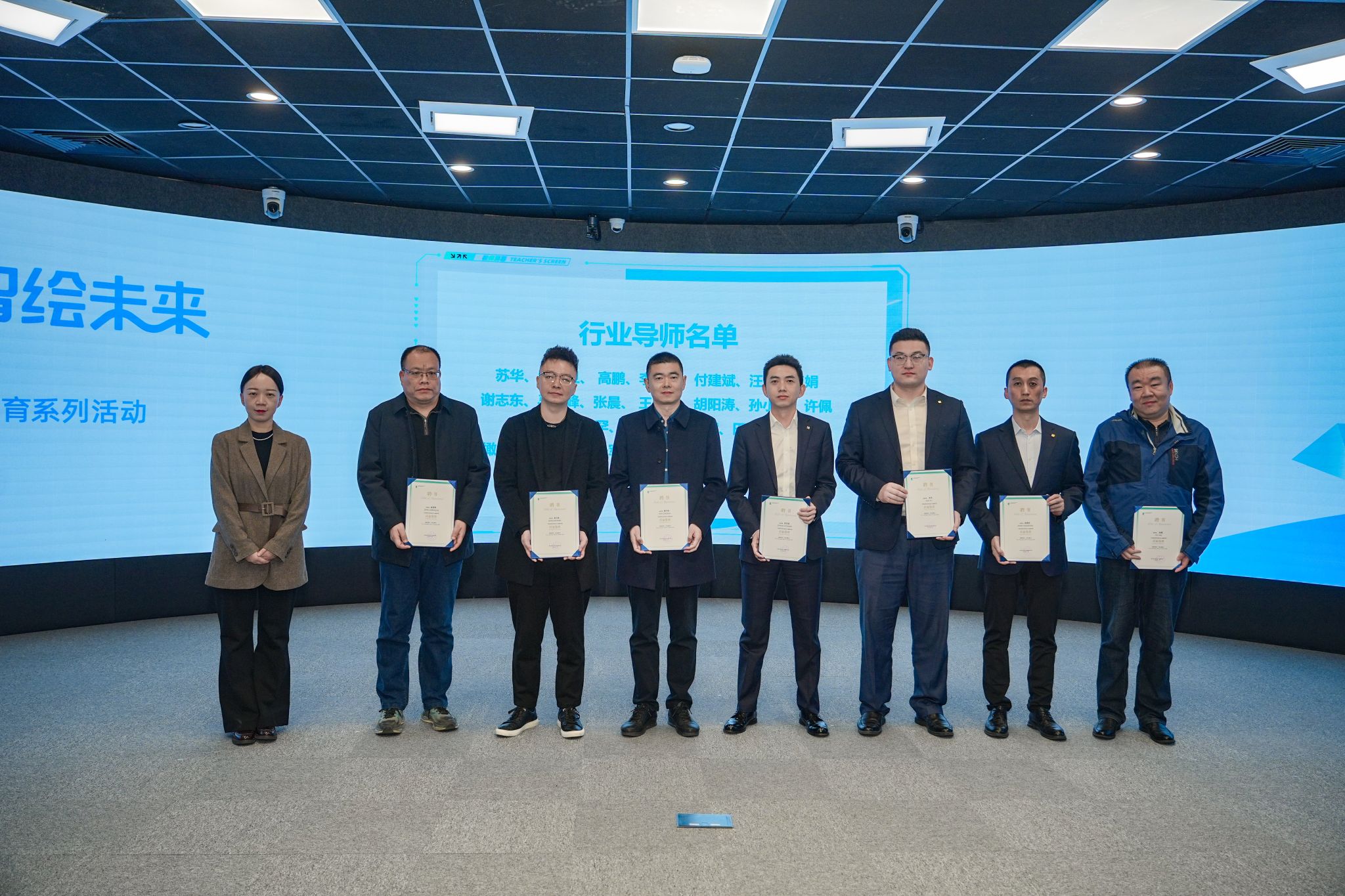
(Fig. 12) Industry Mentor Appointment Ceremony
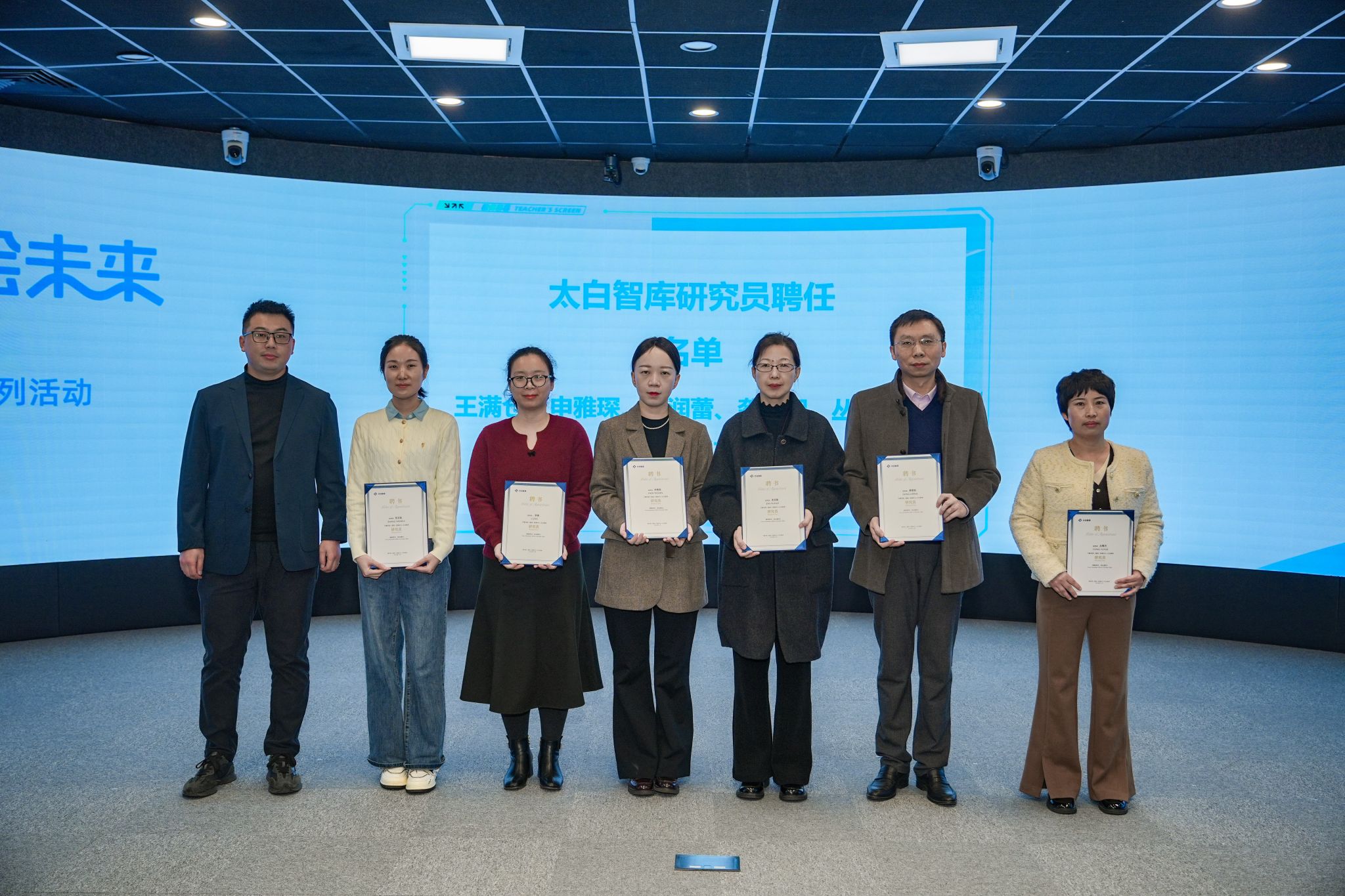
(Fig. 13) Faculty Members of the School of Accounting and Finance Appointed as "Taibai Think Tank Research Experts" and "Taibai Think Tank Researchers"
At the forum, Professor Zhao Xiaozhou was appointed as a "Visiting Professor" at the School of Accounting and Finance. Executive Dean Xie Tao and Deputy Dean Shen Yachen of the School of Accounting and Finance issued "Industry Mentor" appointment certificates to 27 individuals, including Su Hua, Suo Yuandan, and Lyu Yinghua. Zhang Chen, Deputy General Manager of the Qinchuangyuan International Roadshow Center and Secretary-General of the Taibai Think Tank, presented "Taibai Think Tank Research Expert" and "Taibai Think Tank Researcher" appointment certificates to teachers at the School of Accounting and Finance, including Wang Mancan, Shen Yachen, Zhu Runlei, Gong Liming, Cong Yuyue, Li Jing, and Zhang Wenrui. In the future, both the university and the enterprises will leverage their respective advantages to provide students with an interactive platform for communicating with industry mentors about industry progress, sharing practical experiences, and inspiring innovative thinking. Together, they will promote the industry-education integration, deepen a long-term collaborative education mechanism, and enhance practical education capabilities.
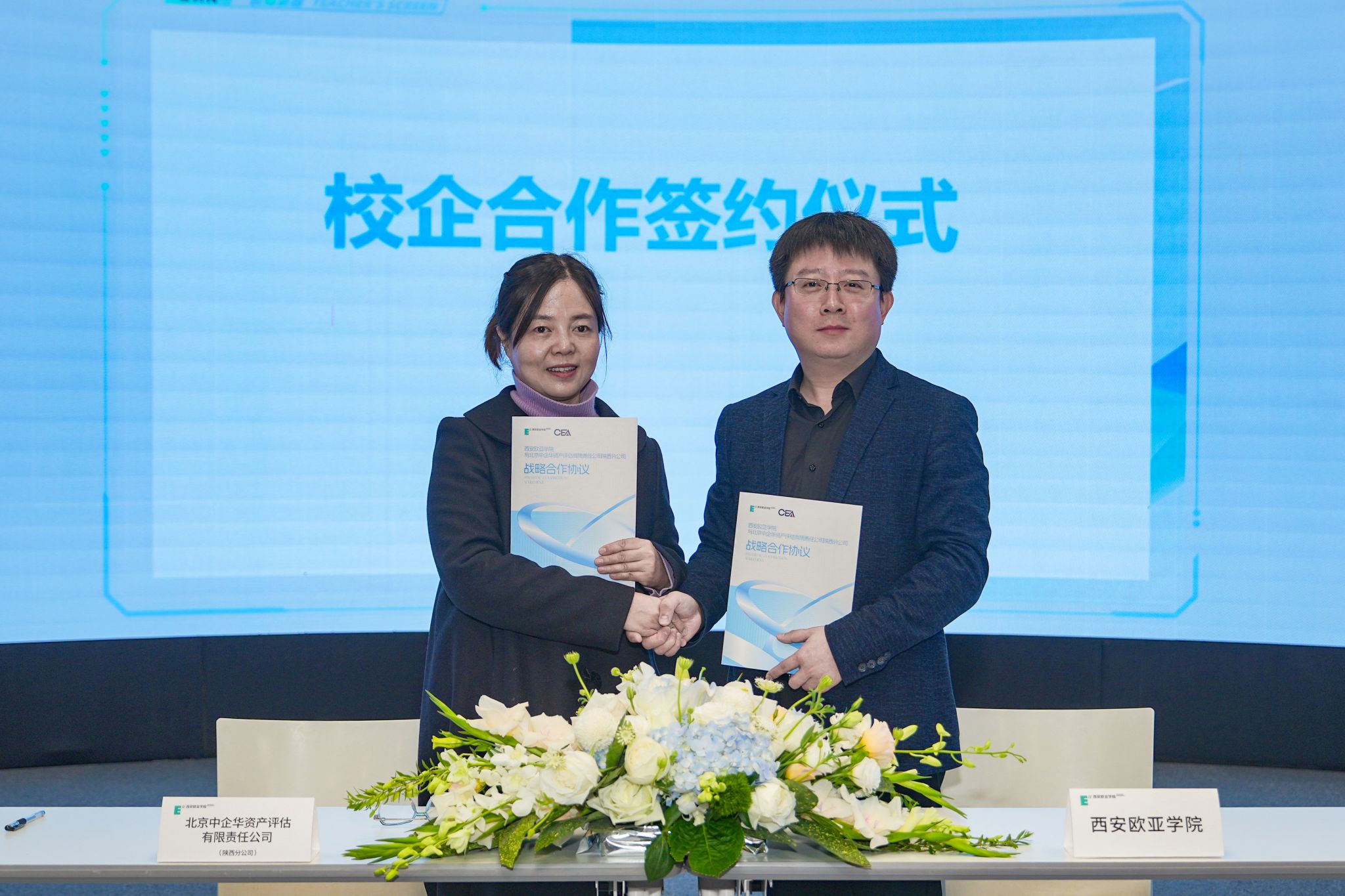
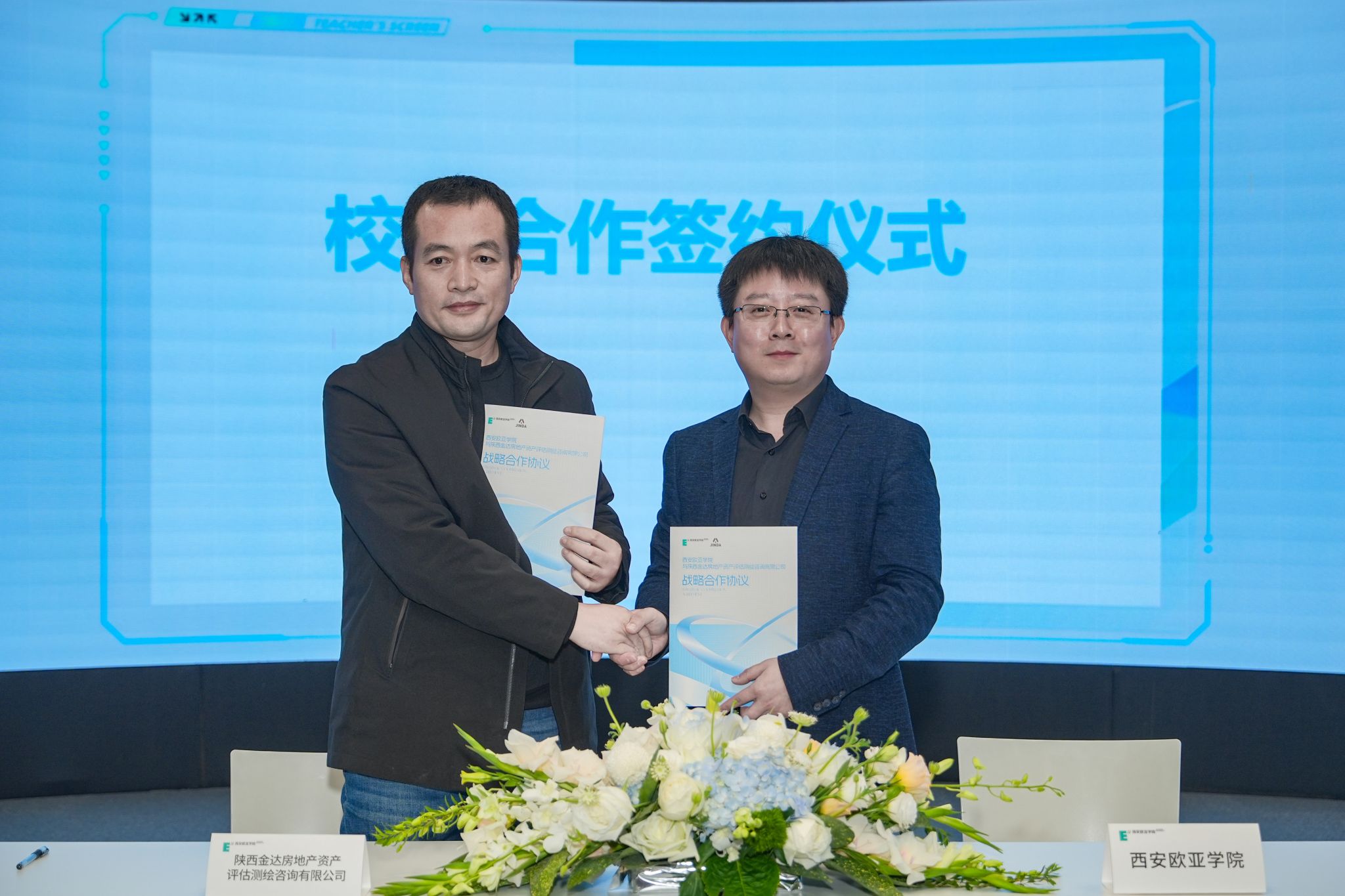
Eight employer enterprises, including Taikang Pension Shaanxi Branch, CEA Shaanxi Branch, Tiandi Finance, Shaanxi Jinda Real Estate Asset Appraisal Surveying and Consulting Co., Ltd., Beijing Zhuoxindahua Appraisal Co., Ltd. Shaanxi Branch, Shaanxi Xinlian Asset Appraisal Co., Ltd., Shaanxi Dahua Yongzheng Asset, Real Estate, and Mining Rights Evaluation Co., Ltd., and Shaanxi Zhonghong Tax and Financial Research Institute Co., Ltd., signed a school-enterprise cooperation strategic agreement with Xi'an Eurasia University. The School of Accounting and Finance, relying on the industrial advantages of these enterprises in related fields and integrating its rich teaching resources, will carry out multi-level, multi-form, and multi-field cooperation in aspects such as joint discipline construction, teacher and talent cultivation, joint training, and project research. It will also establish programs for students to visit enterprises for research, practical training platforms and bases, and internship and employment channels, promoting the co-construction, win-win situation, and innovative development of the educational chain and the industrial chain.
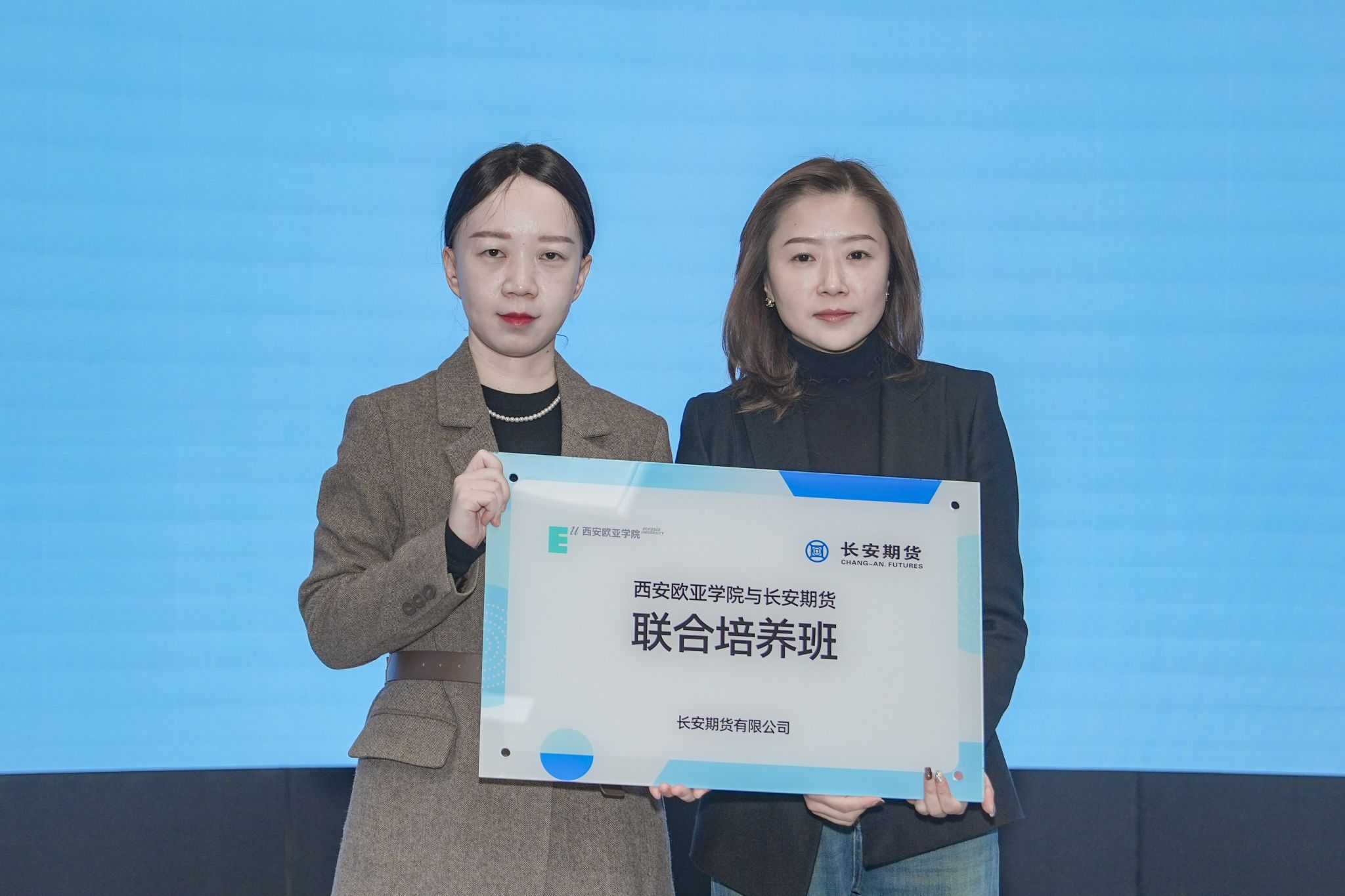
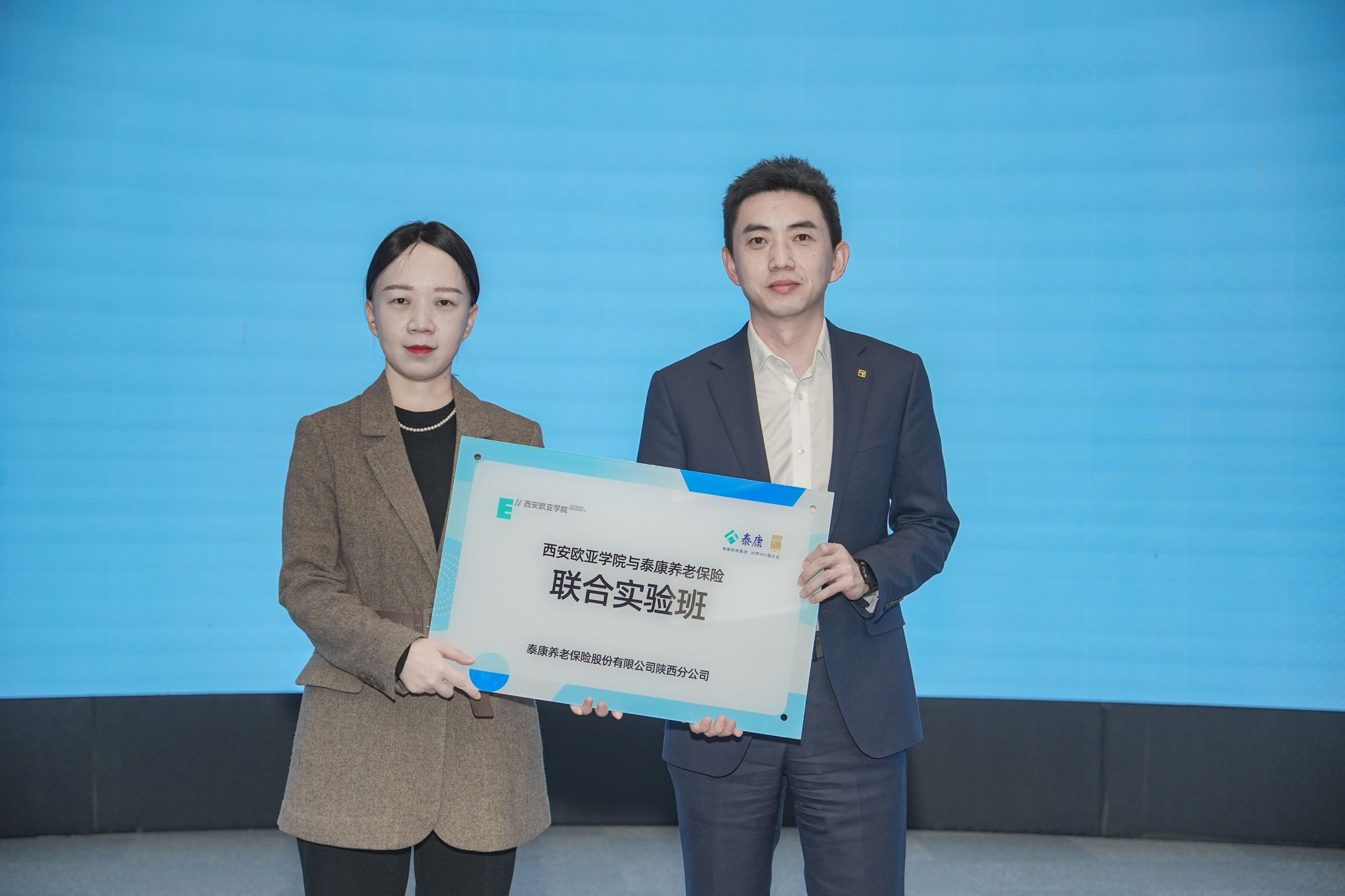
(Fig. 15) Joint Training Programs and University Student Internship and Practice Bases Unveiled
The School of Accounting and Finance also collaborated with 11 employer enterprises to hold an inauguration ceremony for joint training programs and university student internship and practice bases. The four joint training programs, including Xi'an Eurasia University-Chang-An Futures Joint Training Program, the Xi'an Eurasia University-Taikang Pension Insurance Joint Experimental Program, the Xi'an Eurasia University-Rongcheng High-End Investment Talent Incubation Experimental Program, and the Xi'an Eurasia University-Jiuse Digital Fund Manager Experimental Program, will provide students with a platform for deep interaction with enterprises. The university student internship and practice bases of Xi'an Eurasia University at Servyou Digital Finance and Tax Research Center, Tiandi Finance, Shenzhen Gemdale Property Management Co., Ltd. Xi'an Branch, Shaanxi Jinda Real Estate Asset Appraisal Surveying and Consulting Co., Ltd., Beijing Zhuoxindahua Appraisal Co., Ltd. Shaanxi Branch, Shaanxi Xinlian Asset Appraisal Co., Ltd., and Shaanxi Dahua Yongzheng Asset, Real Estate, and Mining Rights Evaluation Co., Ltd. will serve as important bridges for students to transition from school to social practice.
Introduction to Some Joint Training Programs
Xi'an Eurasia University-Jiuse Digital Fund Manager Experimental Program: Xi'an Eurasia University and Xi'an Jiuse Digital Artificial Intelligence Technology Co., Ltd. jointly established the Xi'an Eurasia University-Jiuse Value Investment Research Center. The university and the company jointly conducted 6 consecutive training sessions on industry research thinking. From industry research framework and logic learning and construction to information and data collection and processing, valuation model selection, and the formation of research analysis reports, the training helped improve students' industry research capabilities and logical thinking.
Xi'an Eurasia University-Rongcheng High-End Investment Talent Incubation Experimental Program: Xi'an Eurasia University and Shaanxi Jingyi Rongcheng Consulting Management Co., Ltd. jointly developed courses, guided students to participate in the "Zhengzhou Commodity Exchange Cup" College Student Futures Simulation Competition and the "China Financial Futures Exchange Cup" National College Student Financial Knowledge Competition, and conducted investment-focused lectures. This program helps enrich students' financial knowledge and enhance their professional skills, laying a solid foundation for their future internships and employment.
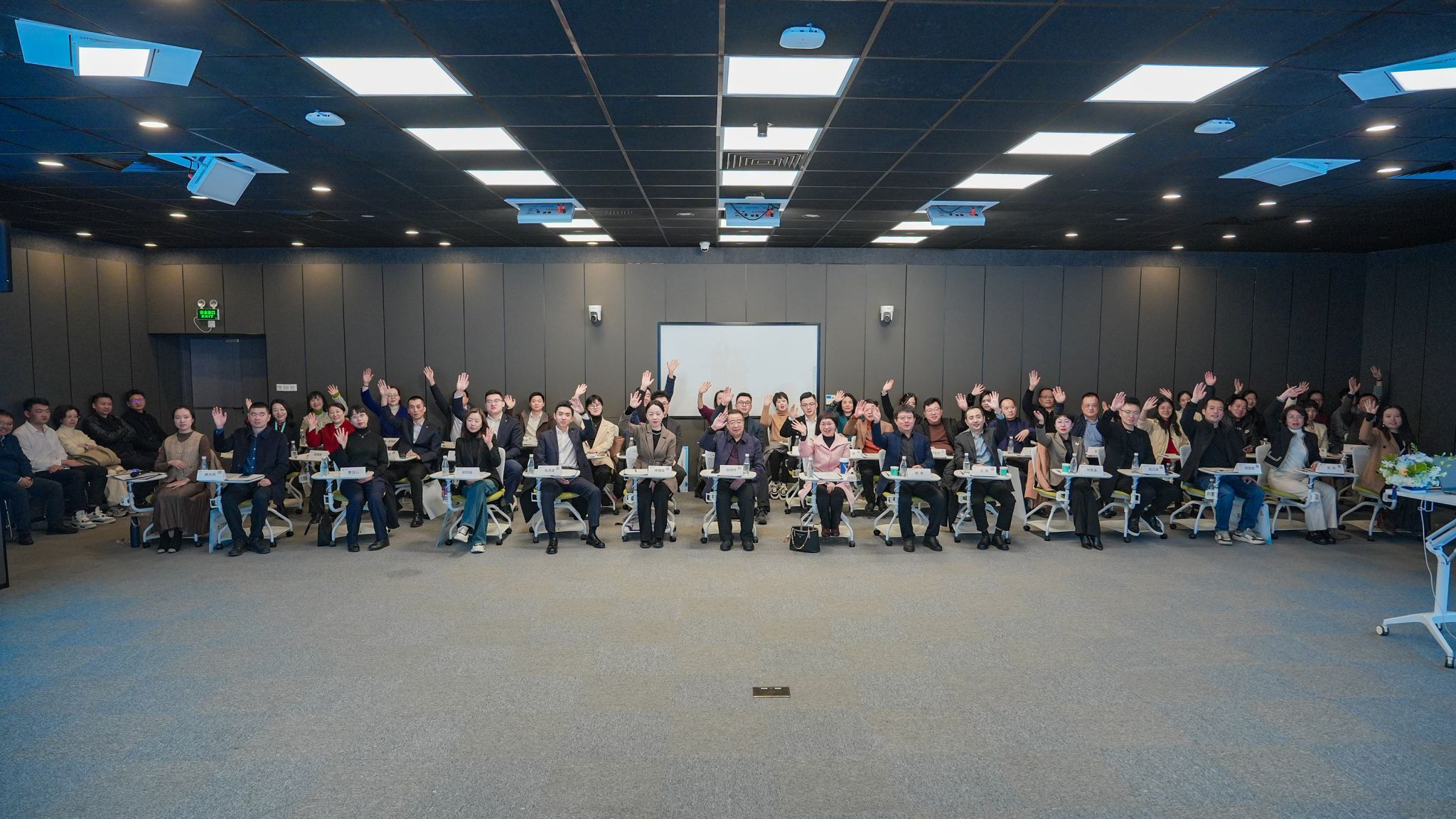
These employer-oriented teaching practices have not only enhanced students' professional skills and competitiveness in the job market but also improved the quality and effectiveness of university education, advanced the common progress of education and industry, and awakened students' all-round potential. In the future, the School of Accounting and Finance will engage in deep cooperation with employer enterprises, continuously building a mutually beneficial and win-win educational environment.
(By Xue Zhenni, School of Accounting and Finance)





